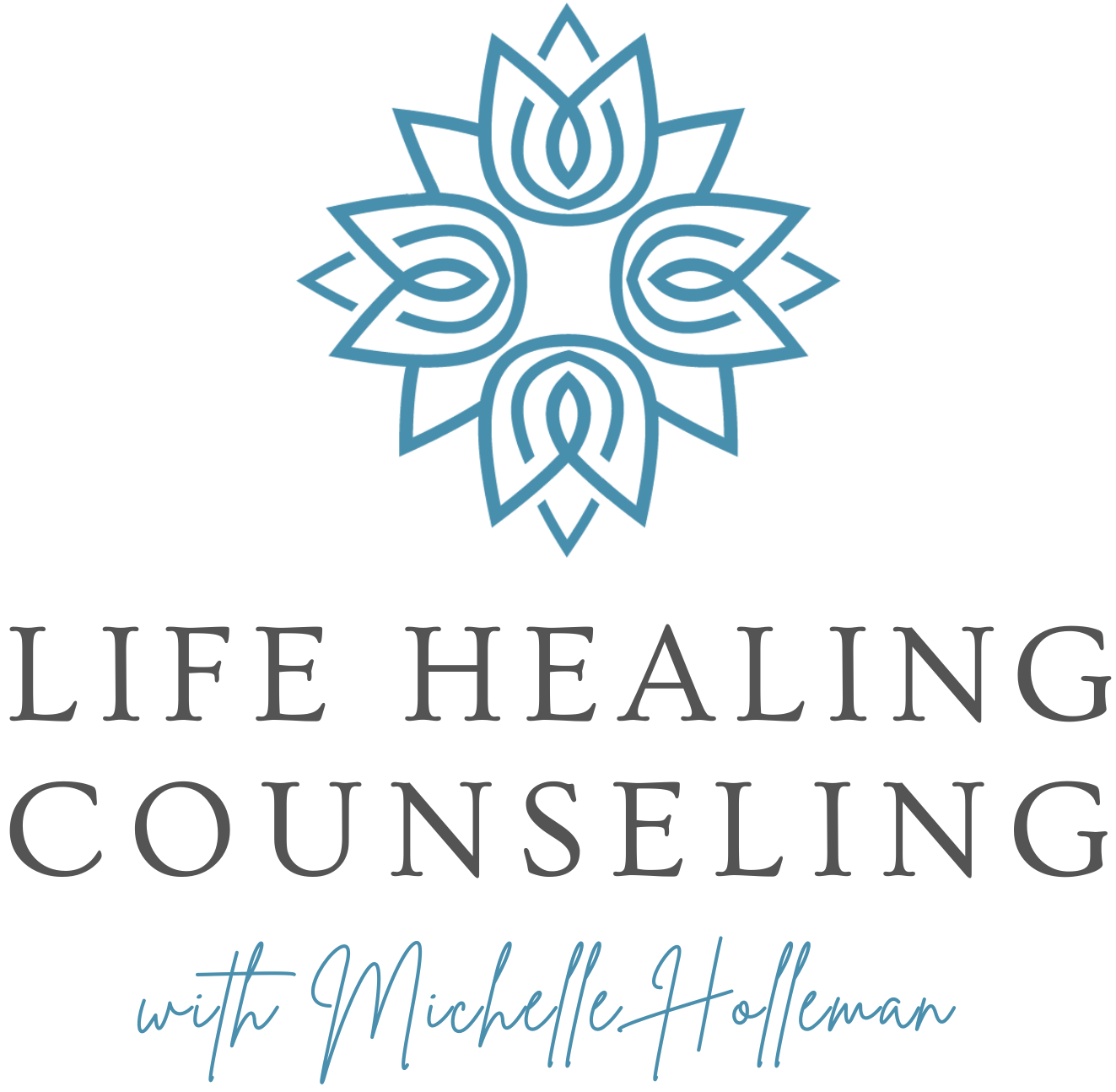Teens and Parents
“You wouldn’t give your kid ‘a little bit of heroin,’ so why would you allow a behavioral addiction to go untreated?” – Michelle Holleman
Gaming and Internet Addiction
In 2018, the World Health Organization (WHO) included Gaming Disorder in its International Classification of Diseases (ICD) as a diagnosis. We know online activities can have both positive and negative effects on people, like any behavior, so it is important to have an experienced professional assess for an actual issue, not assume “everything is fine because my kid’s grades are good/he plays sports/goes to church/has ‘real friends’/etc.” we also know tweens and teens today can rely on social media and online communications in healthy ways, so, again, a professional assessment is imperative.
Sex and Pornography Addiction
Teens have access to pornography as soon as we hand them a tablet or smartphone. Studies show the average for kids to be exposed to porn is now 9 years old and that 12-17 year-olds are the largest consumers of it. Brains that are exposed to pornography at an early age, demonstrate serious detriments brain development.
Pornography (online or cyberporn) is often called the “crack cocaine” of sex addiction because offers a quick, private, and high-speed dose of stimulation to the brain. When watching pornography, the brain experiences a tidal wave of neurochemicals producing a “natural high,” and inducing a strong emotional, biological and chemical connection. With breakthroughs in medicine and neuroscience, we can prove pornography addiction changes how our brain “wires and fires,” and is exactly like a chemical addiction.
Warning Signs and Symptoms of Teen Online Addictions
Addiction is always about the behaviors, not just the how, when, how much, where and who with the addictive action is occurring. By the time the addictive action has occurred, it’s over. Working with the teen and their family as a team is an imperative approach to managing any addiction.
- Preferring gaming/being online over spending time with others
- Conflicts arising when requests to limit or change gaming/online behavior occur
- Not returning texts/phone calls, especially if there have been recent discussions or restrictions placed around gaming or online use
- Neglecting partners or others to make time for gaming/being online
- More time spent gaming or making plans to game more often
- Denial of problem despite others pointing it out
- Attempts to reduce use often failing
- Would rather game/be online than participate in other activities
- Irritable and angry when restricted
- Lies to self and others about use
- Use interferes with offline activities
- May be depressed, anxious, or avoidant
- Uses gaming/spending time online as a way to escape problems
- Multiple areas of concern exist (family, academic, employment, health, relationships)

